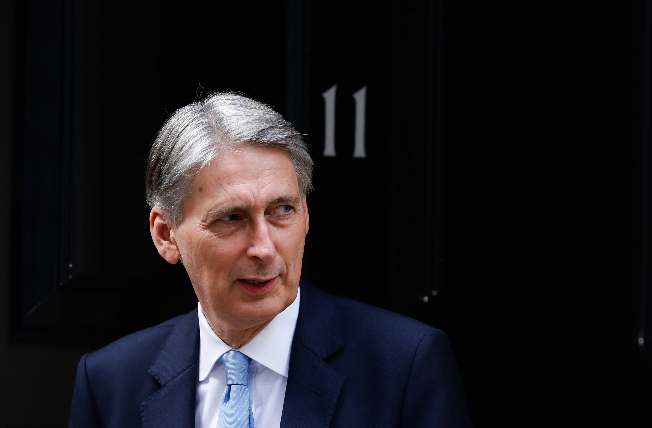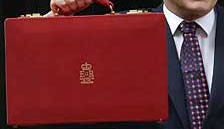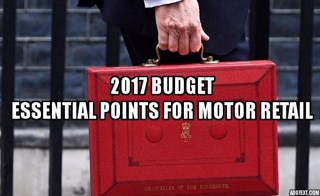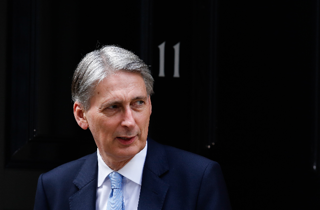The Chancellor of the Exchequer vowed to champion “the great British white van driver” with a review of VED rates and brought forward the business rates review in his Spring Statement 2018.
In a speech in the Commons which laid out GDP growth and reducing debt levels predicted by the latest OBR reports, the Philip Hammond said that he aimed to “champion business” with the measures.
Addressing the house, he said that a review of business rates would now take place in 2021 in a move that would also usher-in “triennial reviews from then on”.
He said this came on top of a review of business rates, which resulted from the Autumn Budget, which he claimed would reduce rates for small business by over £10 billion.
An £80 million fund was also announced to help small businesses in their recruitment of apprentices in light of the introduction of the Apprenticeship Levy last year.
Mr Hammond said that the move had come in recognition of the “changes the system represents”.
In a move that the chancellor would “help the great British white van driver”, the Chancellor said that a review of VED road tax would look to bring in a reduction in expense for the greenest commercial vehicles.
The OBR’s latest predictions for economic growth in the UK were revised up from 1.4% to 1.5% for 2018, with 1.3% growth in 2019 and 2020 before a rise to 1.4% in 2021 and 1.5% in 2022.
Paul Johnson, at the Institute for Fiscal Studies, moved quickly to dispel any suggestion that the revised forecast was worthy of celebration, however.
In a Tweet posted during the Chancellor’s speech, he said: “Against a long term trend of at least 2% a year growth, after poor growth since 2008, and compared with growth across rest of OECD, these are not encouraging forecasts.”


















Login to comment
Comments
No comments have been made yet.